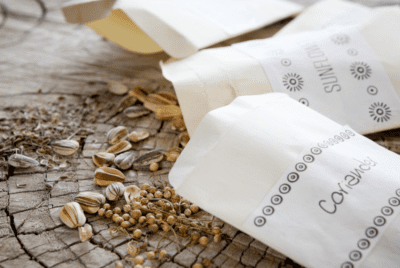RESEARCH
Nurtured by Nature: Psychological Research is Advancing our Understanding of How Time in Nature can Improve our Mental Health and Sharpen our Cognition
Summary
Spending time in nature, whether it’s a walk in the park or a hike in the forest, offers significant benefits for our minds and bodies. Research shows that exposure to nature can improve attention, reduce stress, boost mood, and even increase empathy. These positive effects are linked to theories suggesting humans have an innate connection to nature due to our evolutionary history, and that natural environments help restore our cognitive resources. Even brief encounters with nature, like looking at a green roof or listening to nature sounds, can enhance cognitive function.
Beyond cognitive benefits, nature also contributes to our overall happiness and well-being. Studies indicate that children who grow up in areas with more green space have a lower risk of developing psychiatric disorders later in life. Furthermore, feeling connected to nature, even without direct exposure, can improve mood and mental health, potentially buffering against loneliness. Both green spaces (like parks) and blue spaces (like coastal areas) are beneficial, with more biodiverse environments offering greater restorative effects.







